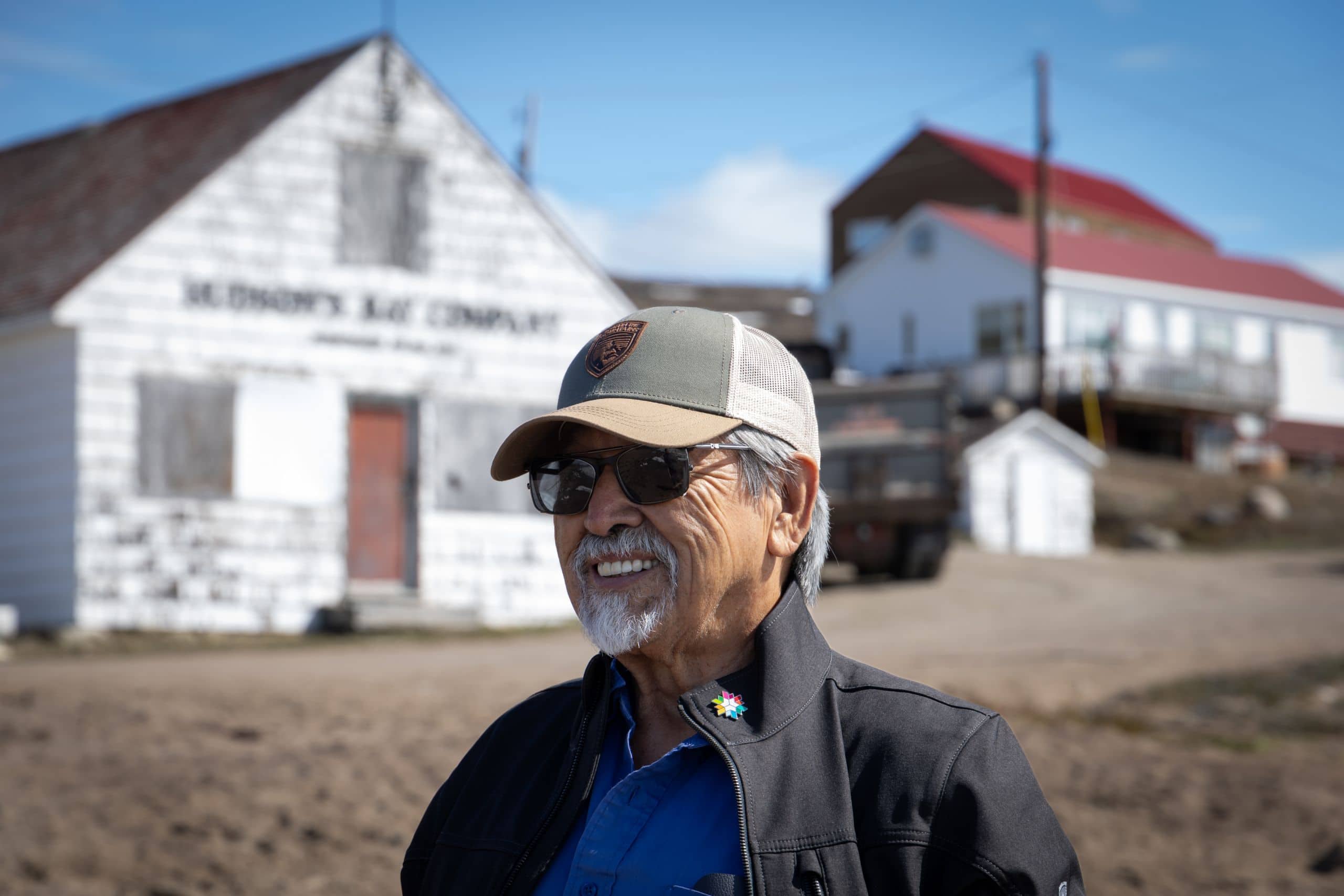À propos de nous

« Il faut faire sortir les langues autochtones de l’ombre et les mettre en lumière. »
– Ronald E. Ignace, commissaire
Le Bureau du commissaire aux langues autochtones se fait le promoteur et le défenseur des langues autochtones et soutient les efforts des peuples autochtones à travers le Canada à se réapproprier leurs langues et à les revitaliser, les maintenir et les renforcer.
Notre vision
Protéger et garder bien vivantes toutes les langues autochtones du Canada.
Nos principes directeurs
- Il est urgent de déployer des efforts concertés et d’investir dans la revitalisation des langues autochtones afin de freiner leur érosion. Les recherches montrent qu’aucune langue autochtone au Canada n’est à l’abri et que toutes sont à divers degrés en danger.
- Les langues autochtones sont fondamentales pour les peuples autochtones sur le plan identitaire et en rapport avec leurs cultures, leurs liens avec la terre, leur spiritualité, leurs visions du monde et leur autodétermination.
- Les langues autochtones ont contribué et continuent de contribuer à la force du Canada dans son ensemble, y compris à la diversité et à la richesse des patrimoines linguistiques et culturels du Canada. Le Bureau s’engage à protéger la vitalité de toutes les langues autochtones, y compris les langues des signes et les langues endormies.
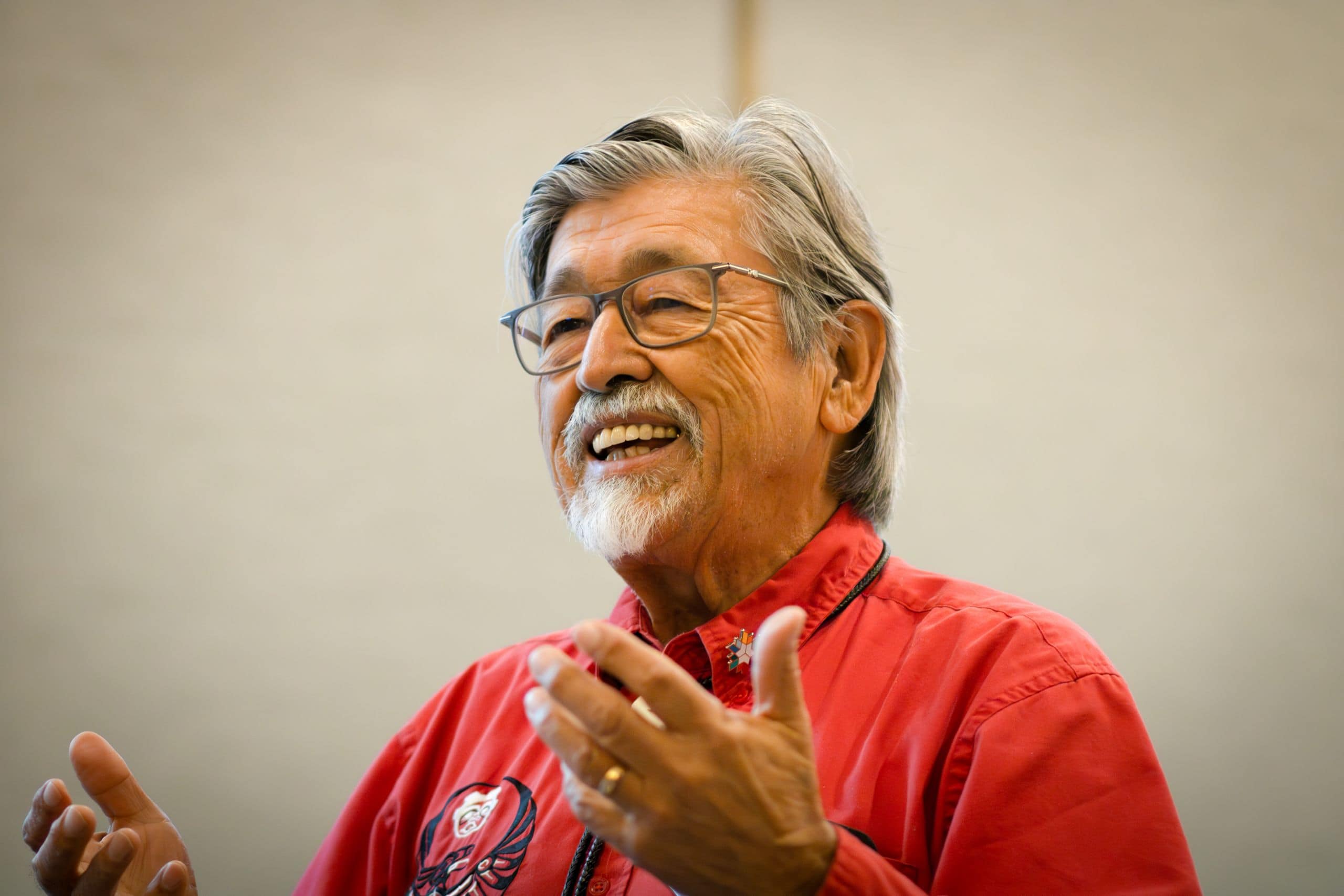
« Les Premières Nations, les Inuits et les Métis ont un grand cœur. Cependant, nos esprits ont été malmenés et meurtris. Et parce que le berceau de nos esprits réside dans nos langues, il est crucial de donner un souffle nouveau aux langues autochtones. »
Ronald E. Ignace, commissaire
Bureau du commissaire aux langues autochtones
Direction : le commissaire, les directeurs et les directrices
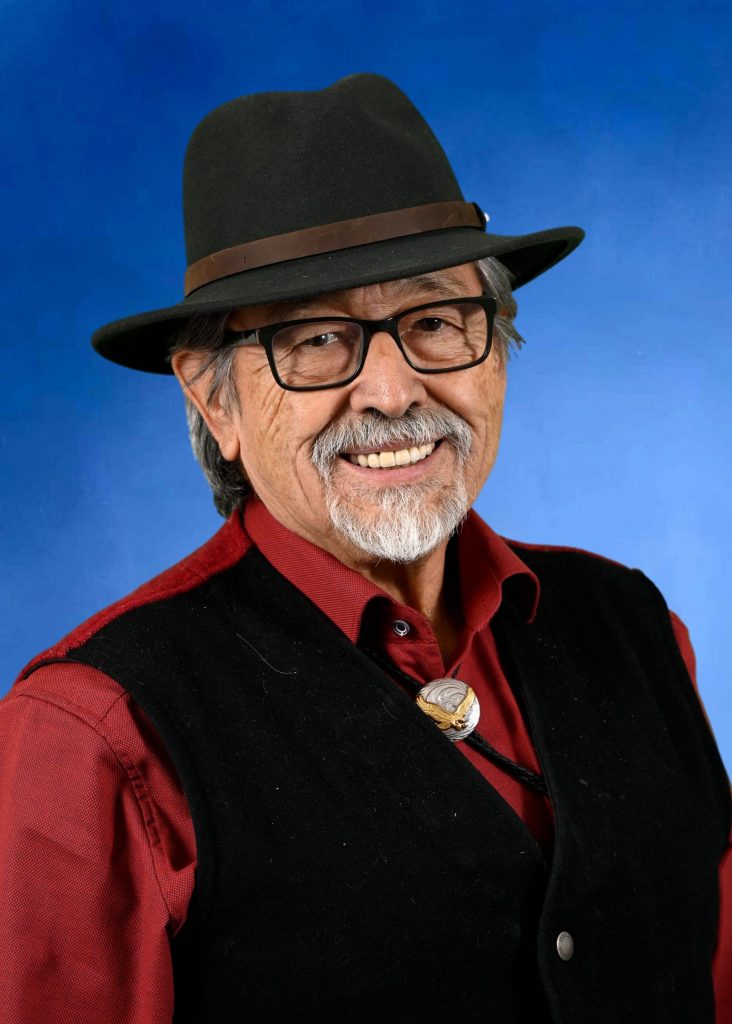
Ronald E. Ignace
Commissaire
Les Premières Nations, les Inuits et les Métis ont un grand cœur. Cependant, nos esprits ont été malmenés et meurtris. Et parce que le berceau de nos esprits réside dans nos langues, il est crucial de donner un souffle nouveau aux langues autochtones.
Le7 pyin te sitt te swumcwilcstem re qweqweltns re xwexwyt te qelmcw wel me7 yews. Ta7 me7 sc7tsems re snecwentm re qweqweltn-kt re stelwt.s neswet.s k smenmenecws ne7lye ne tmicw-kt. Tikwemts me7 sucwentwcwmentem re qweqweltn-kt.

Robert Watt
Directeur
Toutes les langues sur cette Terre sont précieuses et uniques!
Embrassons consciemment cette diversité.
ᐅᖃᐅᓯᓕᒫᑦ ᐊᓐᓂᓇᕐᐳᑦ ᓄᓇᕐᔪᐊᓕᒫᒥ! ᑕᒪᓐᓇ ᐃᑉᐱᒋᑦᓯᐊᒪᕆᒋᐊᓕᕗᑦ
Uqausilimaat anninarput nunarjualimaami. Tamanna ippigitsiamarigialivut.
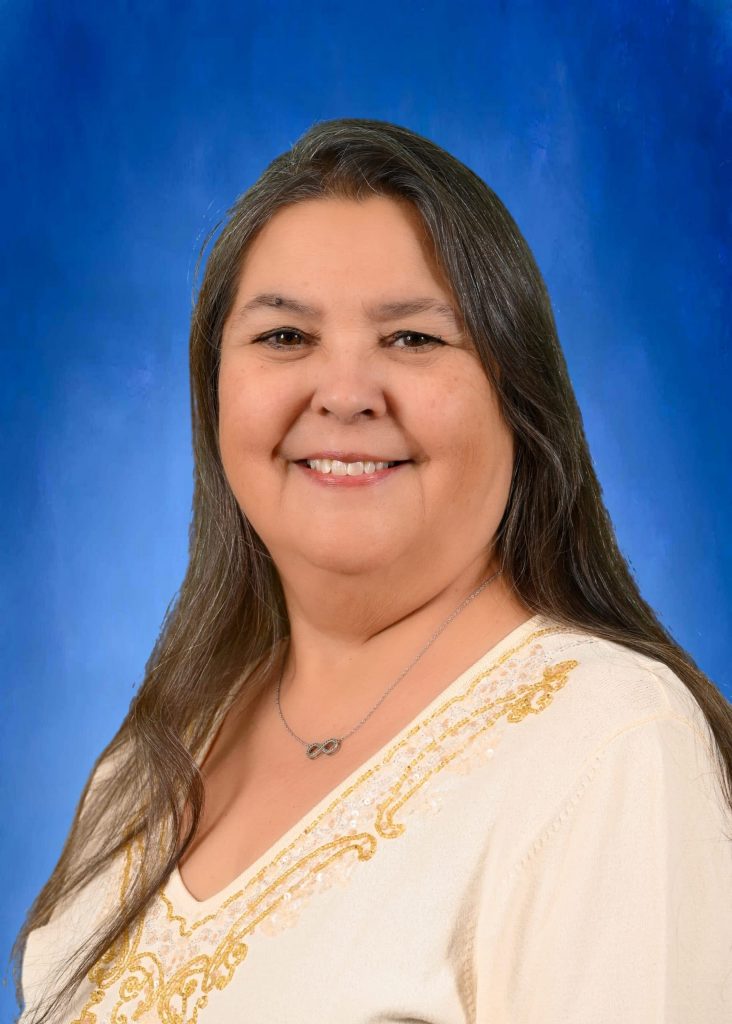
Georgina Liberty
Directrice
J’ai l’honneur d’être la représentante qui préserve, revitalise et renforce notre langue michif. Je suis également honorée de servir aux côtés de mes collègues des Premières Nations et des Inuits.
Si te moon oneur shi piikishkwetamaakeyaan chi kenawehihtamihk, pimatishitamihk pi shoohkihitaak notr Laang Michif. Meena si te aen oneur chi pamihihweyaan avek mii naasaayii Indigene.
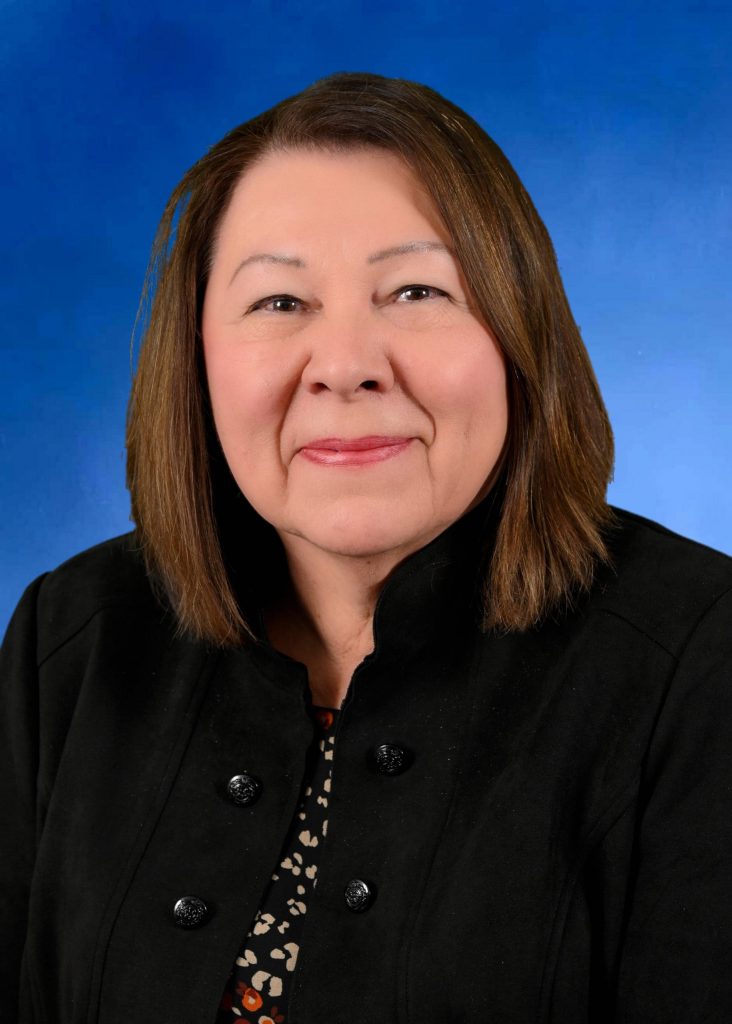
Joan Greyeyes
Directrice
Je me réjouis de pouvoir maintenir en vie les langues de nos peuples autochtones.
Nickīstēn kita pimācīhtāhk īyiniw pīkiskwēwina.
Le premier commissaire et les directeurs aux langues autochtones sont entrés en fonction le 12 juillet 2021. Le commissaire aux langues autochtones et jusqu’à trois directeurs sont nommés par le gouverneur en conseil sur la recommandation du ministre du Patrimoine. Avant de faire quelque nomination, le ministre doit consulter divers gouvernements
autochtones et autres corps dirigeants autochtones ainsi que divers organismes autochtones. Le ministre doit en outre solliciter des commentaires pour veiller à ce que les directeurs soient aptes à représenter les intérêts des Premières Nations, des Inuits et des Métis.
Notre parcours
Là où tout a commencé : Les origines de la Commission
1996
Le Rapport final de la Commission royale sur les peuples autochtones (CRPA) rappelle que les cultures et les langues autochtones sont distinctes de celles des autres Canadiens et souligne l’importance cruciale de leur préservation.
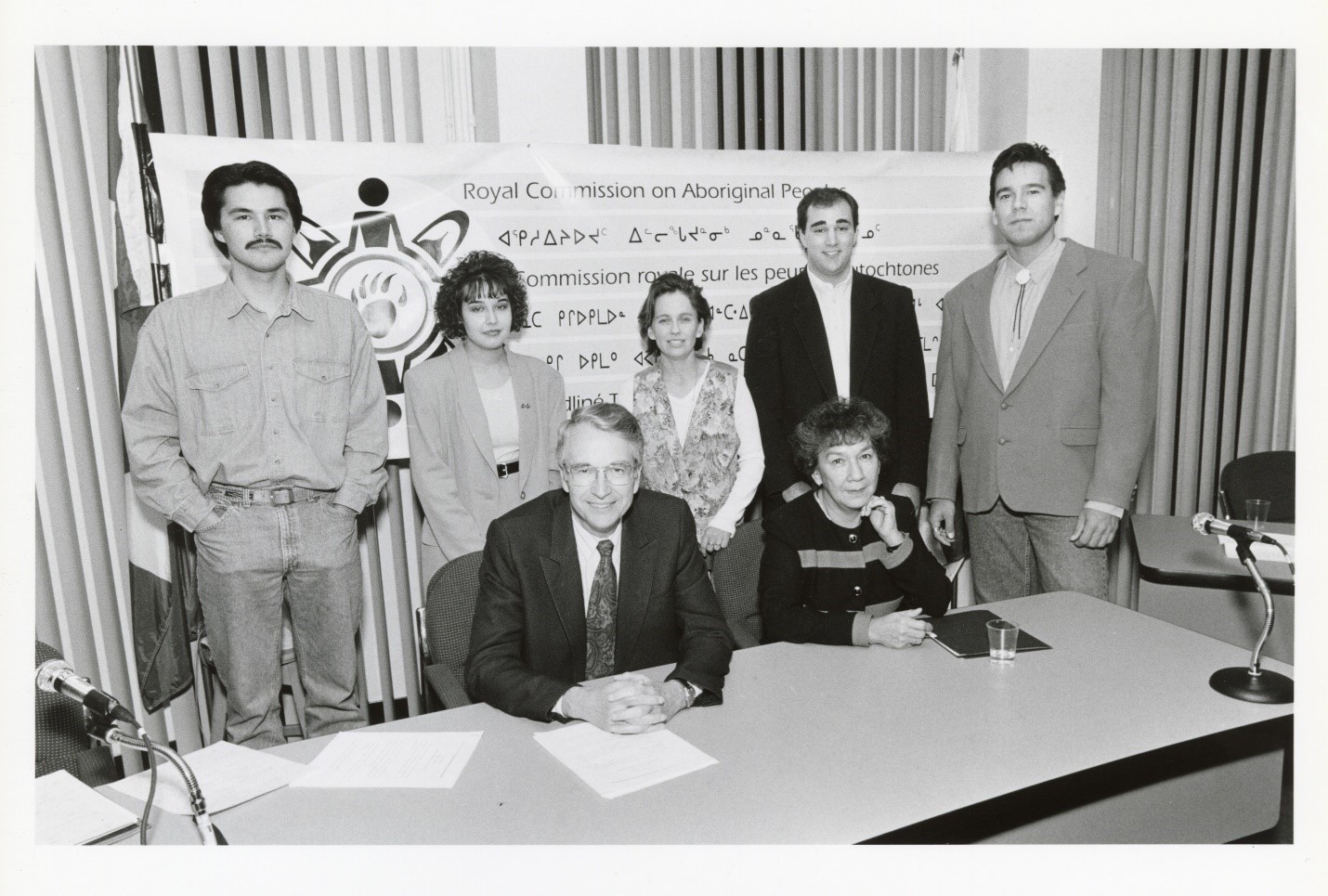
1998
La résolution 35-1998 de l’Assemblée des Premières Nations (APN) déclare l’état d’urgence concernant les langues autochtones.
Le Conseil circumpolaire inuit, dont le Canada est membre, affirme l’importance qu’attachent les peuples inuits à leurs langues et « … de prêter attention au statut de la langue inuite et d’adopter des stratégies à long terme dans le but d’utiliser la langue inuite pour se représenter dans leurs régions ».
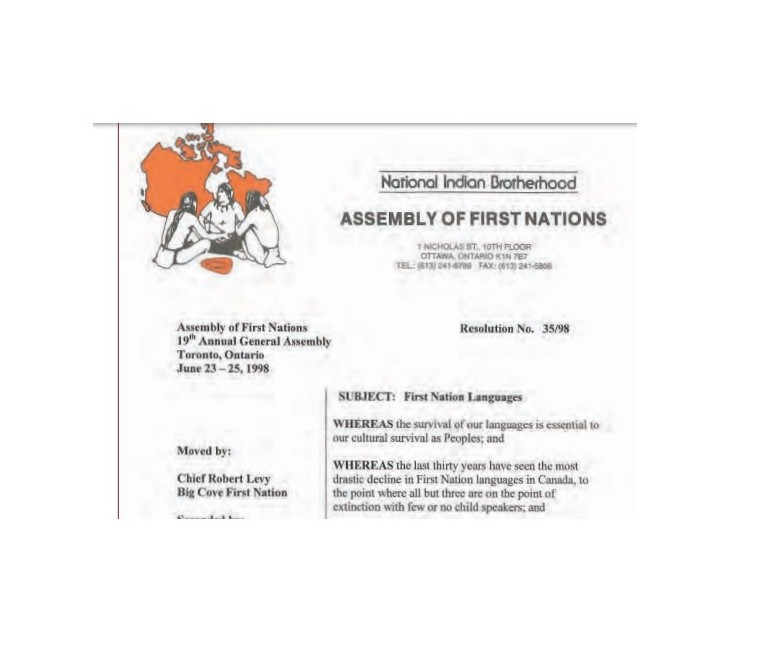
2000
Le Ralliement national des Métis adopte la Déclaration sur le michif de la Nation métisse qui reconnaît que le michif est « la langue historique et officielle de la Nation métisse. »

2003
Le gouvernement du Canada crée le Groupe de travail sur les langues et les cultures autochtones.
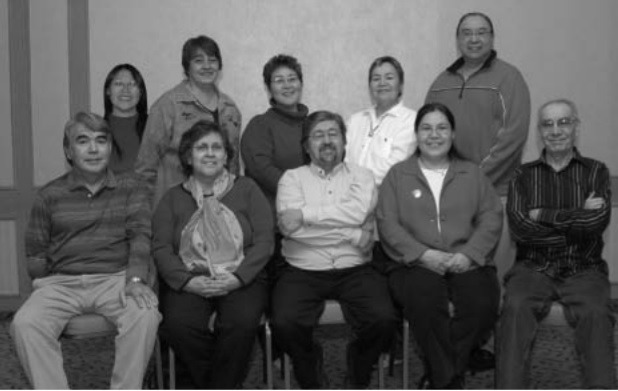
2005
Publication du Rapport final du Groupe de travail sur les langues et les cultures autochtones, proposant une stratégie de revitalisation des langues et des cultures autochtones et recommandant de protéger les langues par une loi.
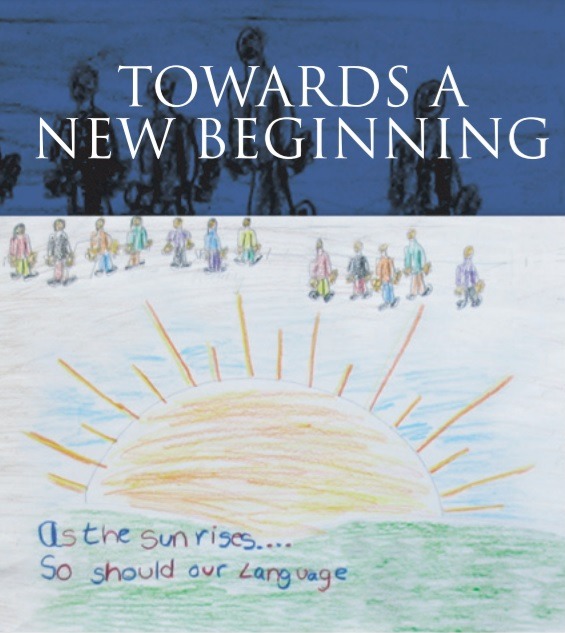
2007
L’Assemblée générale des Nations Unies adopte la Déclaration des Nations Unies sur les droits des peuples autochtones.
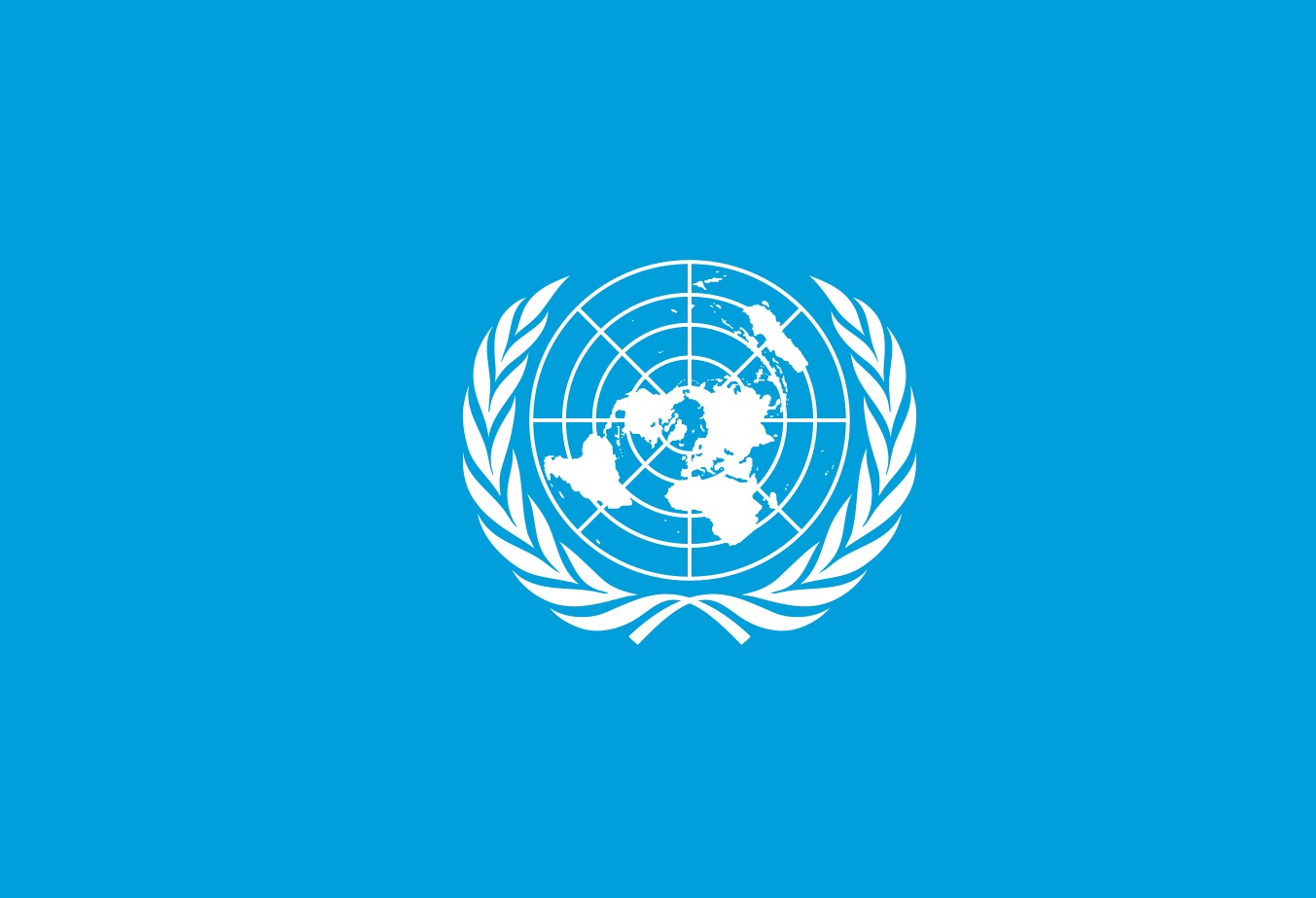
2010
Début des travaux de la Commission de vérité et réconciliation
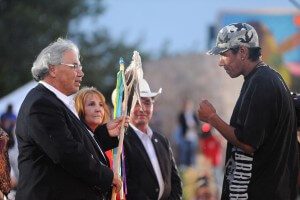
2015
Publication du rapport final de la Commission de vérité et de réconciliation avec des appels à l’action spécifiques pour les langues autochtones et la nomination d’un « commissaire aux langues autochtones ».
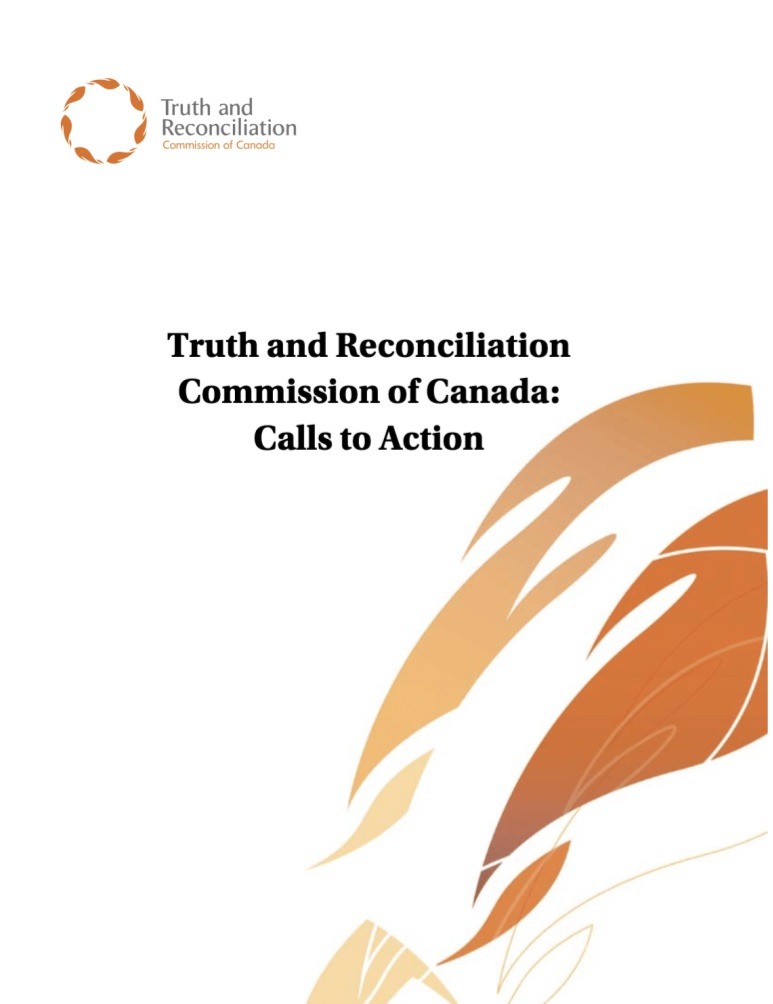
2016
Le Premier ministre annonce que le Canada adoptera une législation élaborée conjointement dans le but d’assurer la préservation, la protection et la revitalisation des langues des Premières Nations, des Inuits et des Métis.
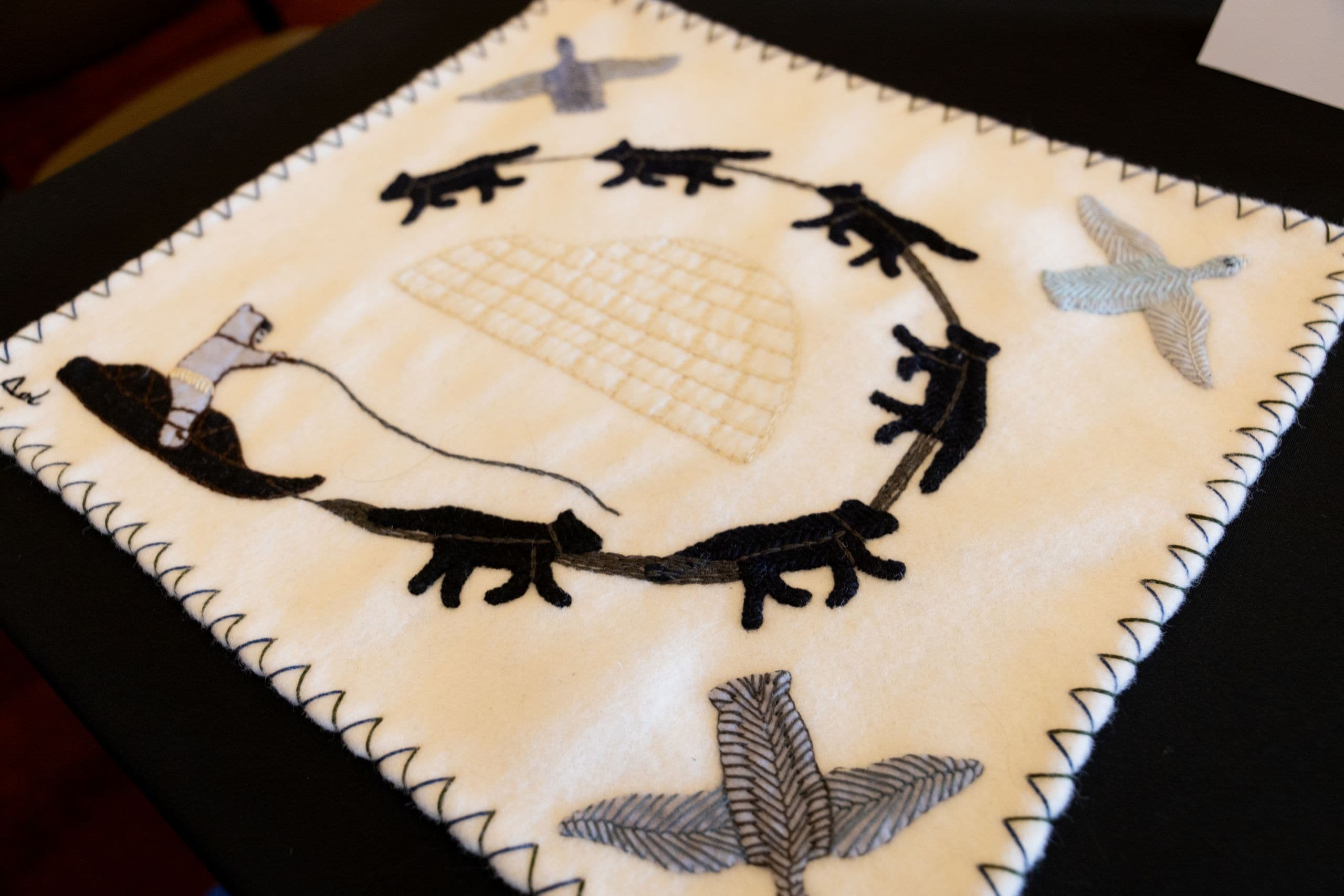
2019
La Loi sur les langues autochtones est adoptée par le Parlement, reconnaissant et affirmant que les droits linguistiques des autochtones sont protégés par la Constitution.
Les Nations Unies proclament 2019 Année internationale des langues autochtones.
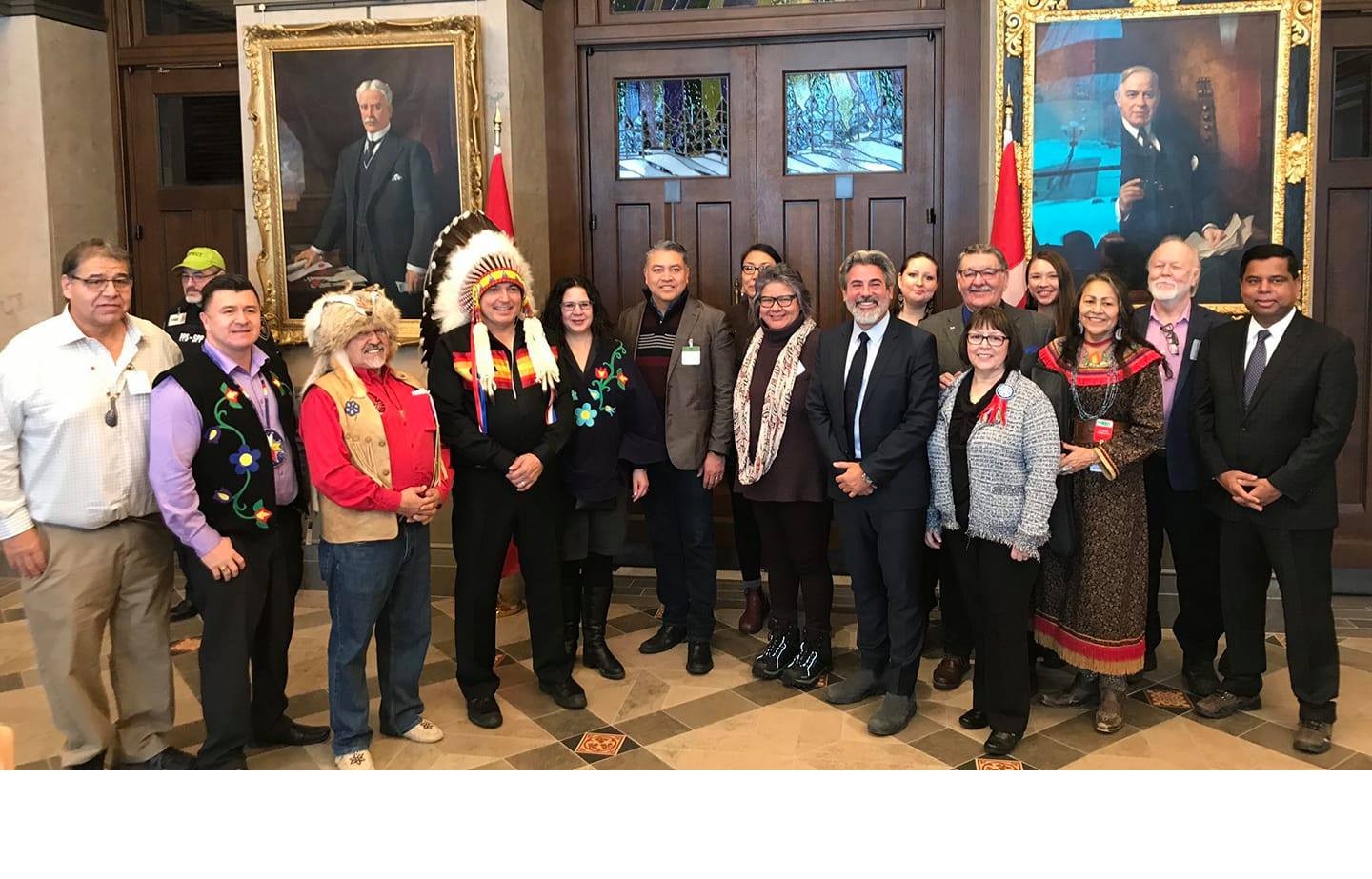
2021
Nomination du premier commissaire aux langues autochtones et de trois directeurs pour représenter respectivement les Premières Nations, les Inuits et les Métis.
Le gouvernement du Canada adopte la Loi sur la Déclaration des Nations Unies sur les droits des peuples autochtones laquelle, entre autres, confirme les droits des peuples autochtones à parler leurs langues.
Conformément au mandat qui lui est octroyé, le Bureau du commissaire aux langues autochtones commence à élaborer et à mettre en place sa politique et son infrastructure opérationnelle.

2022
Les Nations Unies proclament 2022-2032 Décennie internationale des langues autochtones.
Le Comité de partenariat entre les Inuits et la Couronne met la touche finale à la Politique sur l’Inuit Nunangat en faveur de l’autodétermination des Inuits, qui reconnaît l’Inuktut comme la première langue de l’Inuit Nunangat et affirme le partenariat entre les Inuits et le Canada pour investir dans la revitalisation, la réappropriation, le renforcement et le maintien de l’Inuktut.
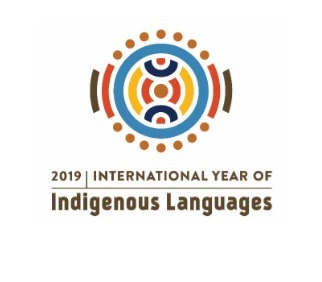
2023
Grande ouverture du Bureau du commissaire aux langues autochtones à Ottawa, avec des bureaux satellites à Kamloops, Saskatoon et Winnipeg.
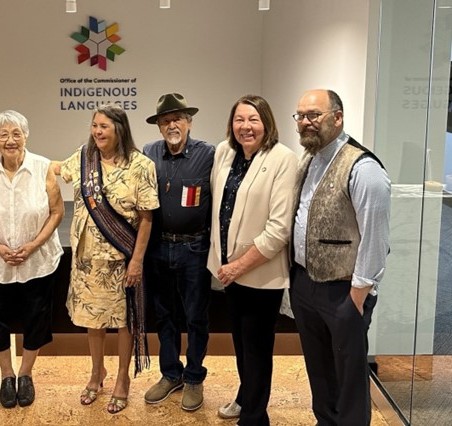
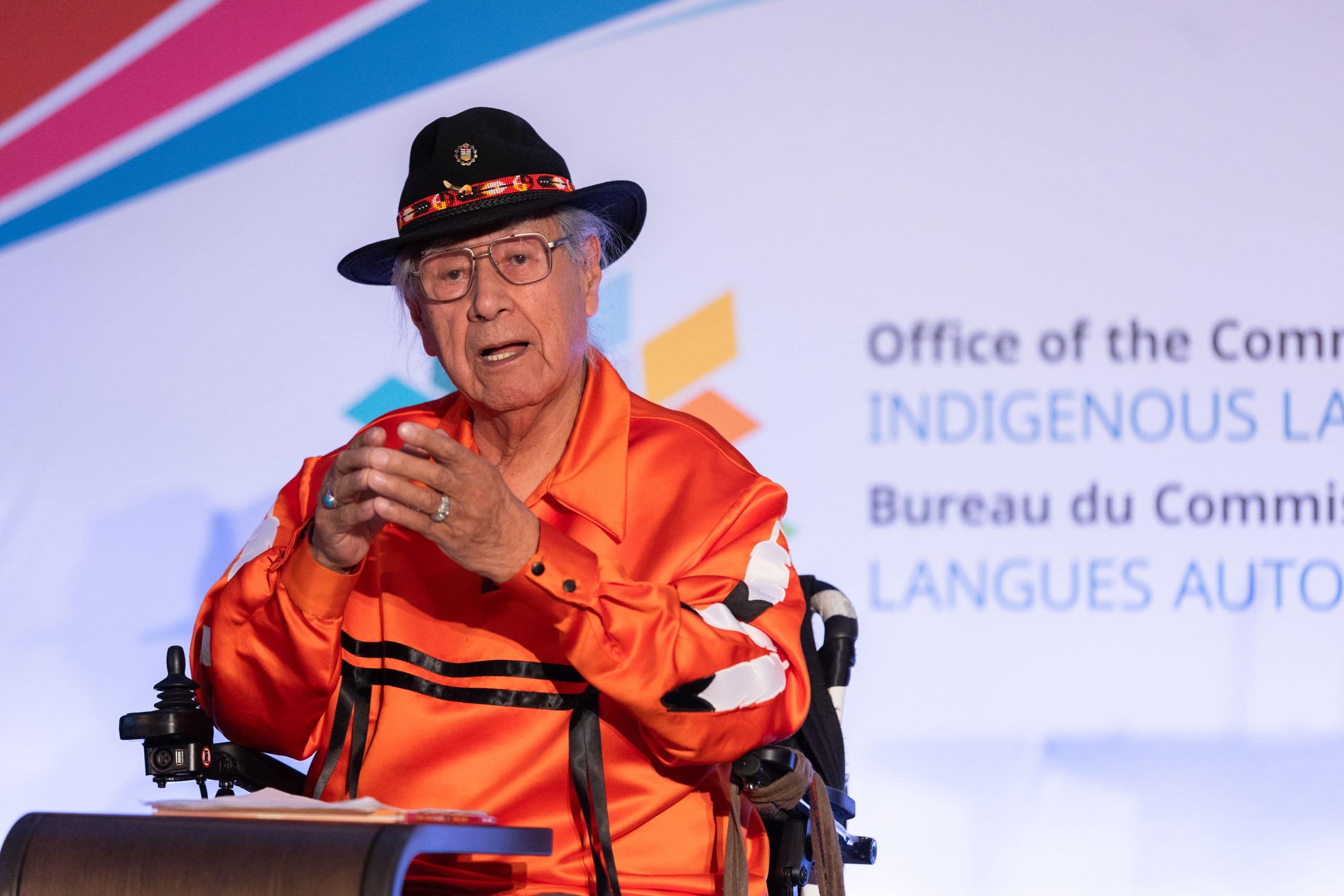
Calls to Action
Appels à l'action pour les langues autochtones
13. Nous demandons au gouvernement fédéral de reconnaître que les droits des autochtones comprennent les droits linguistiques des autochtones
14. Nous demandons au gouvernement fédéral de promulguer une loi sur les langues autochtones qui intègre les principes suivants :
- Les langues autochtones sont un élément fondamental et précieux de la culture et de la société canadiennes, et il est urgent de les préserver.
- Les droits linguistiques des autochtones sont renforcés par les traités
- Le gouvernement fédéral a la responsabilité de fournir des fonds suffisants pour la revitalisation et la préservation des langues autochtones.
- Le financement des initiatives en faveur des langues autochtones doit refléter la diversité des langues autochtones.
15. Nous demandons au gouvernement fédéral de nommer, en consultation avec les groupes autochtones, un commissaire aux langues autochtones. Ce commissaire devrait contribuer à la promotion des langues autochtones et rendre compte de l’adéquation du financement fédéral des initiatives en faveur des langues autochtones.
Pour plus d’informations sur la législation, les politiques et les documents clés relatifs aux langues indigènes, cliquez ici.
Annual Reports and Strategic Plans
Rapports annuels et plan stratégique


